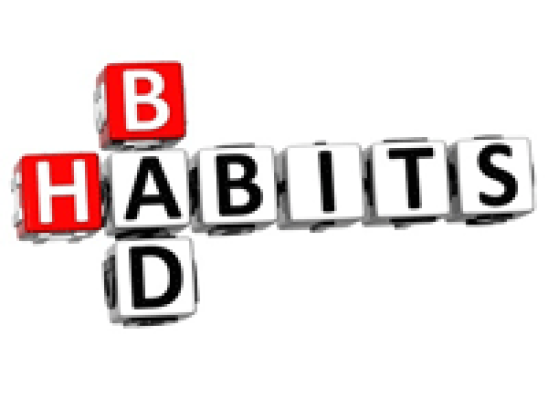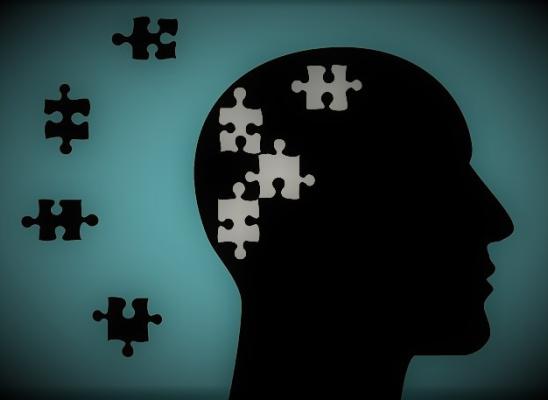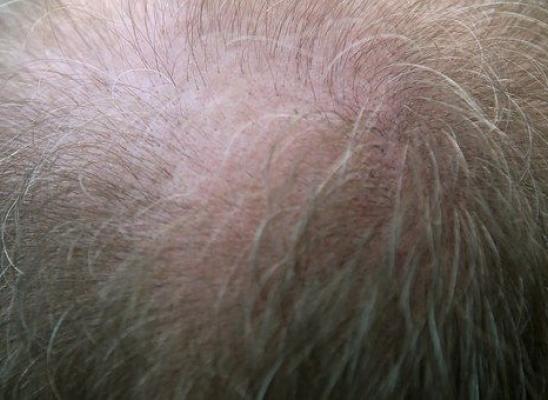Loving Someone with Trichotillomania: How to Be Their Safe Space

Online test
Find out the severity of your symptoms with this free online test
Loving someone with trichotillomania, commonly known as hair-pulling disorder or “trich”, can be both fulfilling and uniquely challenging. Trich is an often misunderstood mental health disorder steeped in stigma, and for the person living with it, considerable shame and embarrassment. Trich is more than just the loss of hair. It’s a disorder that can impact the person, their emotional well-being, and even their relationships.
When you love someone with dealing with hair pulling, it isn’t always easy to know how to support and help. How much is too much? What’s the right thing to say or do? You can’t “fix it” for them, but you can be an important source of love and support. Learning how to understand and support your loved one can help strengthen your bond and help you navigate this journey together.
What Is Trichotillomania?
To fully be able to understand and support your loved one, it’s vital to first understand just what their disorder is and how it may impact them.
Trichotillomania is a mental health disorder characterized by repetitive hair pulling resulting in noticeable hair loss. Hair can be pulled from anywhere on the body but it is most often pulled from the scalp, eyelashes, eyebrows, or facial hair. Trichotillomania also results in significant emotional distress and impaired psychosocial functioning, even sometimes affecting their relationships.
Triggered by stress, anxiety, or other emotional factors, trichotillomania can leave those who experience it feeling ashamed, isolated, and frustrated, caught in a vicious cycle. The hair pulling that brings temporary relief from the emotional distress results in feelings of shame, guilt and failure leading to more emotional distress. It’s a cycle that is difficult to break.
It’s also important to know that this type of hair pulling is not simply a “bad habit” to be broken, nor is it an issue of willpower or attention-seeking. Trichotillomania is a complex condition influenced by neurological, psychological, and emotional factors. It can be confusing for your loved one as well as for others who may not fully understand the struggle.
The more you understand it, the better equipped and confident you will be to offer empathy and support.
Building Compassion and Understanding
As someone who loves them, your role is not to “fix” your partner or loved one. What you can do is walk alongside them with compassion and understanding.
See the Struggle Through Their Eyes
While you can’t experience exactly what someone is going through, it’s important to try to view their experience from their perspective. What might their day-to-day challenges be? What might that feel like?
If your loved one is struggling with hair pulling, imagine feeling a relentless urge to pull that’s almost impossible to resist. Imagine battling self-criticism and shame for behaviors that feel out of your control.
They Can’t “Just Stop”
Recognize that your partner’s hair-pulling is not a choice but a coping mechanism. Resist the urge to tell them to “just stop”. It’s more than just a “bad habit” and they can’t “just stop”. If they would, they already would have. In fact, telling someone to “just stop” something they cannot control can actually have the opposite effect and increase the behavior.
Lead with Curiosity
It’s ok to ask questions to learn more about their experience and how you can help. Open-ended questions like these can establish a dialogue:
- What does it feel like when the urge to pull arises?
- Are there situations or emotions that make it harder for you?
- Are there things that help?
- How can I best support you when you’re struggling?
These questions can help your loved one feel seen and valued while giving you insight into what they are experiencing.
Create Safe Space
One of the greatest gifts you can offer your partner or loved one is a safe, nonjudgmental space to speak freely. Some ways to do this include:
- Active listening – This means listening without interrupting, advising, or trying to “fix” something. Sometimes, they might just need a place to vent or say something out loud.
- Validate their emotions – There is no “right or wrong” way to feel. We feel how we feel, and it’s perfectly ok if you don’t feel the same as your partner. However, it’s important not to negate or minimize their feelings. For example, instead of saying, “You shouldn’t feel that way” or “Just let it go”, try saying something like, “I can see how this must feel overwhelming for you” or simply, “I hear you” (three of the most powerful words you can say to someone struggling).
- Avoid criticism or ultimatums – First of all, they don’t work and can actually exacerbate the situation. Comments like “You need to stop” or “Your hair will grow back if you’d just stop” are hurtful and counterproductive. Worse, they can deepen your partner’s sense of shame and create emotional distance between you. They need to feel safe knowing you won’t judge or reject them.
No Pressure
It might be tempting to pressure your loved one into treatment or to stop pulling. There’s a fine line between encouragement and pressure. Encouragement is helpful and empowering. Pressure is overwhelming and dismissive.
So, what can you say? Instead of, “I think you need to…”, try:
- I will support you if you choose to try therapy or other strategies.
- Have you thought about talking to someone who specializes in treating trichotillomania? Would you like help finding resources?
- How can I help?
Remember, the decision to seek help has to come from your loved one. Your role is to provide loving encouragement and unwavering support.
For those trying to support a child rather than an adult, of course you may need to make certain decisions for them. However, the same approach to compassion and support applies. The essential key is approaching a loved one with empathy and understanding.
Celebrate the Little Victories
Recovery from trich is never a straight path, and more like a long, winding road. Make it a point to recognize the victories, no matter how small. Each success builds on the last and even a high five, “great job” or “I’m proud of you” boosts confidence and motivation to keep trying.
Take Care of You
You can’t pour out of an empty cup. Supporting someone with trich can be emotionally demanding. It’s hard to be a strong, loving partner when your cup is empty. Take time to rest. Prioritize your own wellness needs.
- Make time for self-care
- Set healthy boundaries (It’s ok to say no when you need to.)
- Consider seeking your own support if needed, whether it’s confiding in a trusted friend, joining a support group for loved ones, or talking to a therapist. Your mental health matters too.
Meet Them Where They Are
At the heart of it, loving someone dealing with hair pulling means fully embracing them where they are. Your partner’s trich doesn’t define them or diminish their worth. Remind them of all the qualities that make them who they are.
Being in a relationship with someone who has trich is an opportunity to grow in empathy, patience, and love. By understanding their struggles, offering support, and a safe place to land, you can build a deeper connection and help your partner navigate their journey with hope and resilience.
References
1. Weingarden, H., & Renshaw, K. D. (2015). Shame in the obsessive compulsive related disorders: a conceptual review. Journal of affective disorders, 171, 74–84. https://doi.org/10.1016/j.jad.2014.09.010
2. How to support a loved one with trichotillomania. (2021, October 4). MHT. https://www.mentalhealthtoday.co.uk/blog/disorders/how-to-support-a-loved-one-struggling-with-trichotillomania-or-dermatillomania
Online test
Find out the severity of your symptoms with this free online test
Start your journey with TrichStop
Take control of your life and find freedom from hair pulling through professional therapy and evidence-based behavioral techniques.
Start Now



